AI in Healthcare
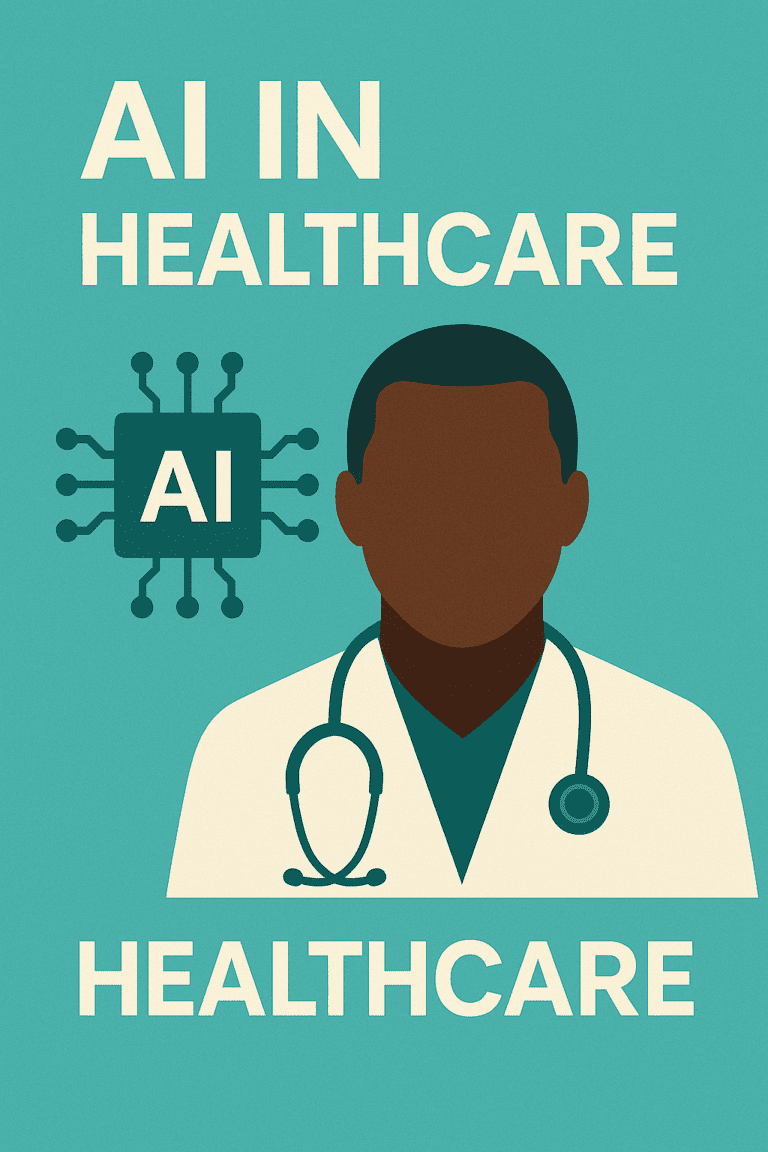
🏥 AI in Healthcare Revolutionizing Patient Care with Artificial Intelligence
🧠 Introduction
Artificial Intelligence (AI) is transforming the healthcare industry by enhancing diagnostic accuracy, streamlining administrative processes, and personalizing patient care. By leveraging machine learning, natural language processing, and robotics, AI is addressing critical challenges such as workforce shortages and increasing demand for quality healthcare services.
🔬 Key Applications of AI in Healthcare
1. Enhanced Diagnostics
AI algorithms analyze medical images and patient data to detect diseases like cancer and thyroid disorders with high precision, enabling early intervention and improved outcomes. IJMR
2. Virtual Health Assistants
AI-powered chatbots and virtual assistants provide 24/7 support, answering patient queries, scheduling appointments, and offering medication reminders, thereby improving patient engagement and adherence.
3. Remote Patient Monitoring
Wearable devices and AI systems monitor vital signs in real-time, allowing for proactive management of chronic conditions and reducing hospital readmissions. arXiv
4. Robotic Process Automation
AI-driven robots handle routine tasks such as medication delivery and supply management in hospitals, freeing up healthcare professionals to focus on direct patient care. Financial Times
5. Personalized Treatment Plans
By analyzing genetic, lifestyle, and clinical data, AI assists in creating individualized treatment strategies, enhancing the effectiveness of therapies and patient satisfaction.PubMed Central
⚖️ Benefits and Challenges
Benefits:
Improved Accuracy: AI reduces diagnostic errors and enhances decision-making.
Operational Efficiency: Automation of administrative tasks leads to cost savings and better resource allocation.
Accessibility: Telemedicine and AI tools expand healthcare access to remote and underserved populations.
Challenges:
Data Privacy: Ensuring the confidentiality and security of patient data is paramount.
Ethical Concerns: Addressing biases in AI algorithms to prevent disparities in care.
Integration: Seamless incorporation of AI into existing healthcare systems requires significant investment and training.
🌐 Future Outlook
The integration of AI in healthcare is poised to grow, with advancements in predictive analytics, genomics, and personalized medicine. Continuous collaboration between technologists, healthcare providers, and policymakers is essential to harness AI’s full potential while safeguarding ethical standards.
🤝 Get Involved
Join us in exploring the transformative impact of AI in healthcare. Whether you’re a healthcare professional, researcher, or technologist, your contribution can drive innovation and improve patient outcomes.
📩 Contact Us | 🔗 Subscribe to Our Newsletter | 🧠 Explore Our Resources
Empowering healthcare through intelligent innovation.
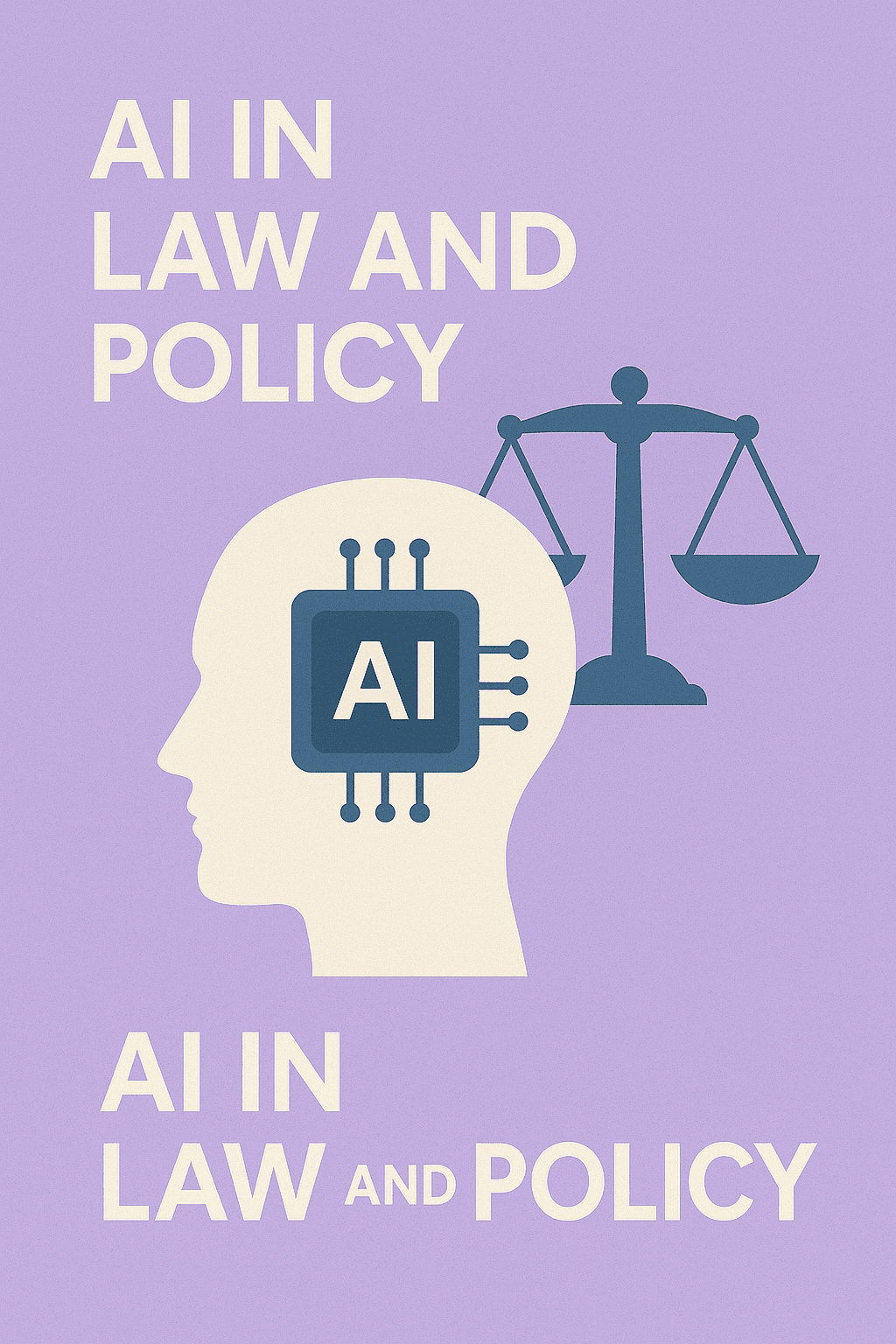
👨⚖️ AI in Law & Policy ⚖️
Focuses on the creation of legal frameworks and governance models for AI deployment. It shapes regulation, accountability, and intellectual property in automated systems.
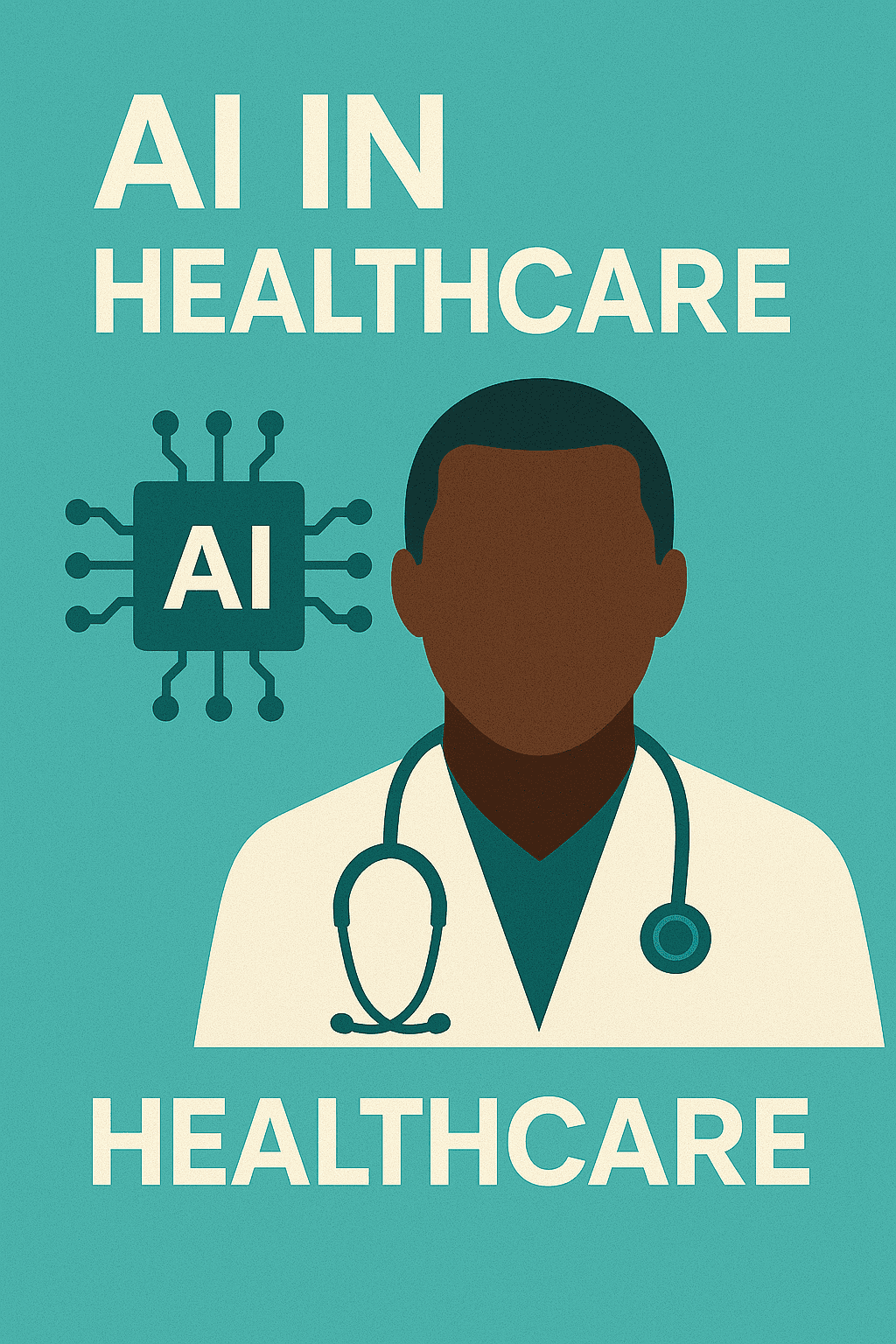
🏥 AI in Healthcare 👨🏿⚕️
Revolutionizes diagnostics, personalized medicine, and treatment planning using intelligent systems. It enables faster decision-making and improved patient outcomes.
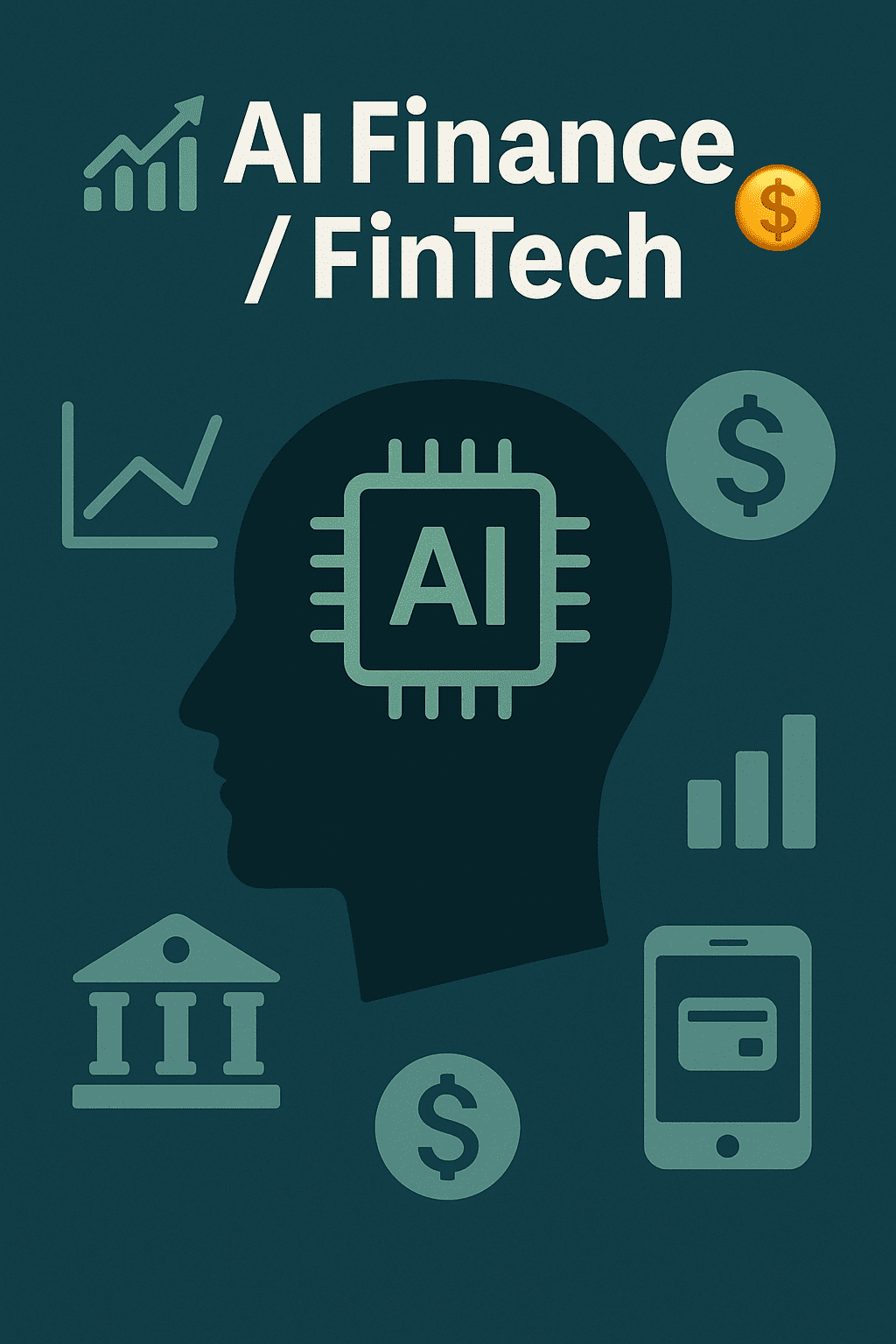
📈💰AI in Finance / FinTech📊
Drives fraud detection, algorithmic trading, credit scoring, and customer service automation. It optimizes decision-making and operational efficiency.
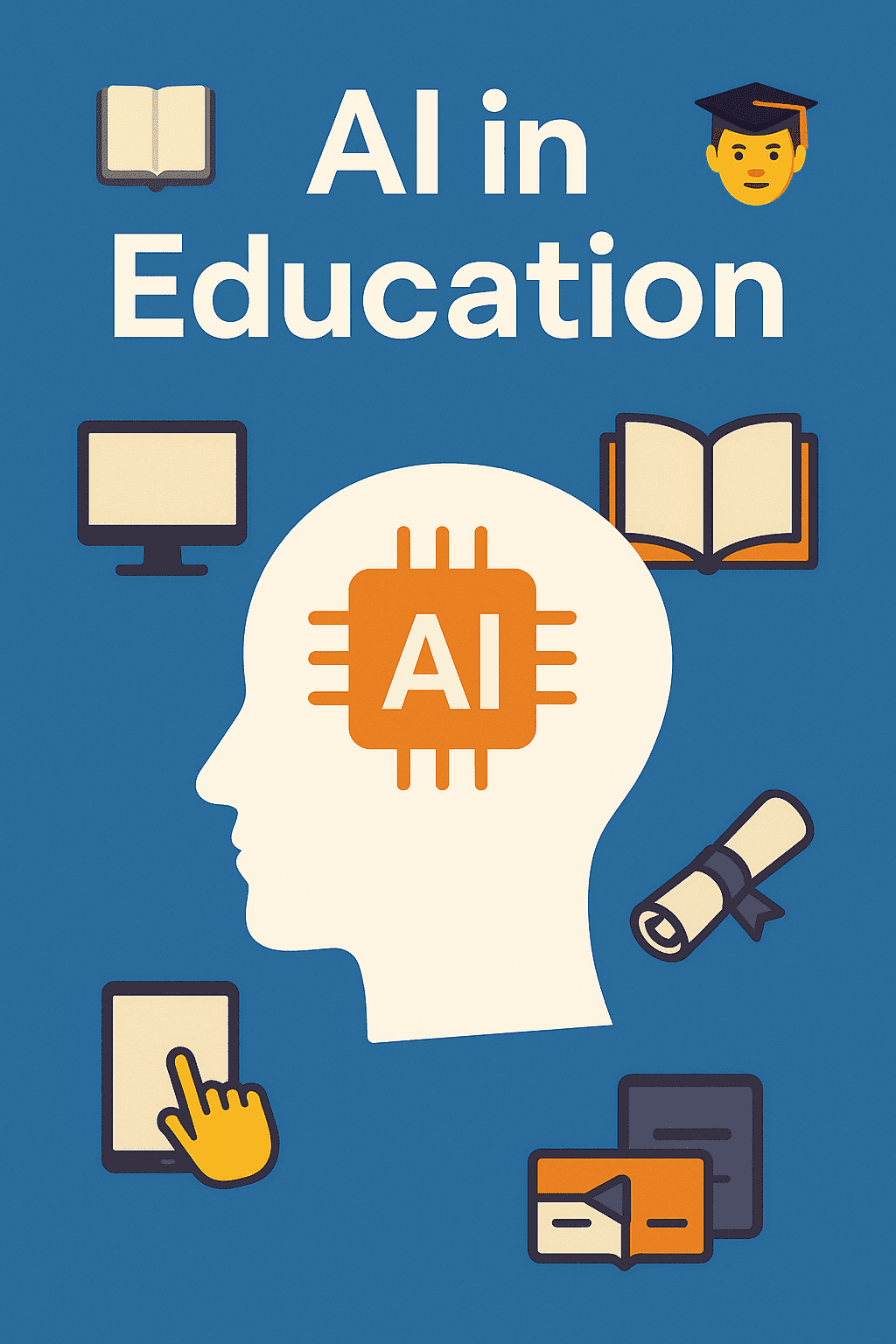
📚 AI in Education (EdTech) 👨🏻🎓
Enhances personalized learning, intelligent tutoring, and performance analytics. AI transforms classrooms into adaptive, inclusive spaces.
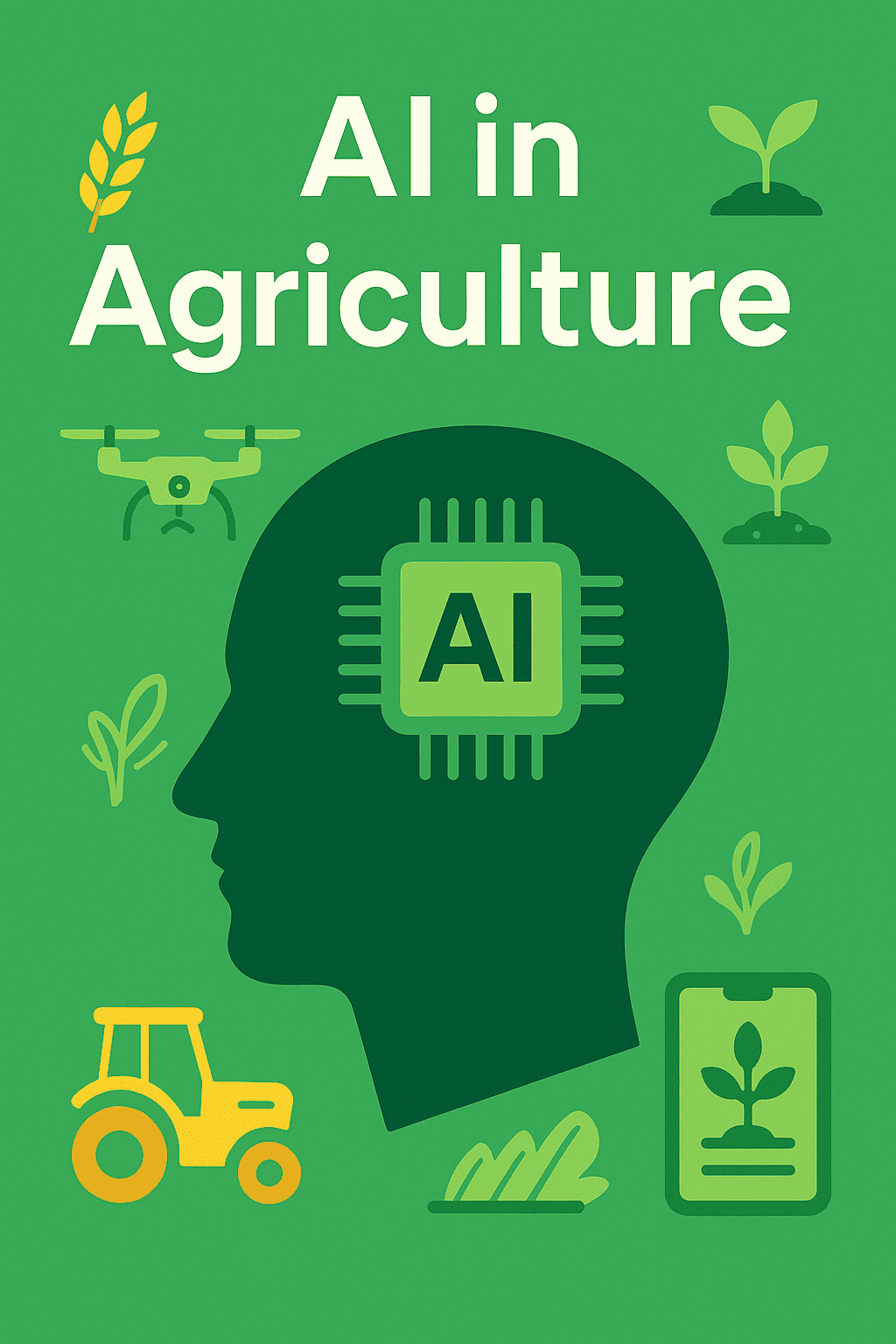
🌾 AI in Agriculture 🌱
Applies AI in crop monitoring, yield prediction, and smart irrigation, boosting productivity while ensuring sustainable practices.
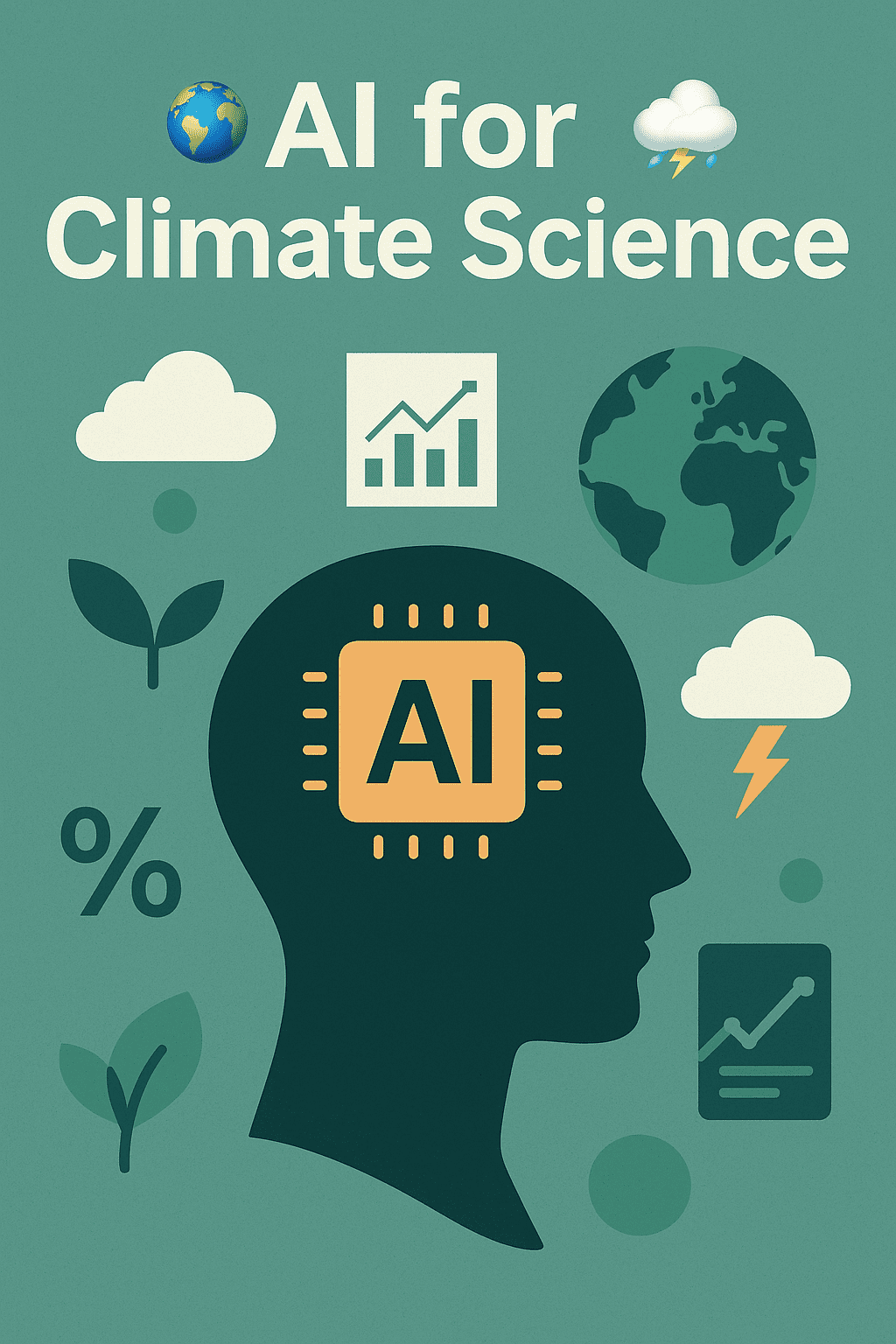
🌍 AI for Climate Science ⛈️
Aids in modeling climate patterns, predicting disasters, and optimizing renewable energy systems to combat climate change.